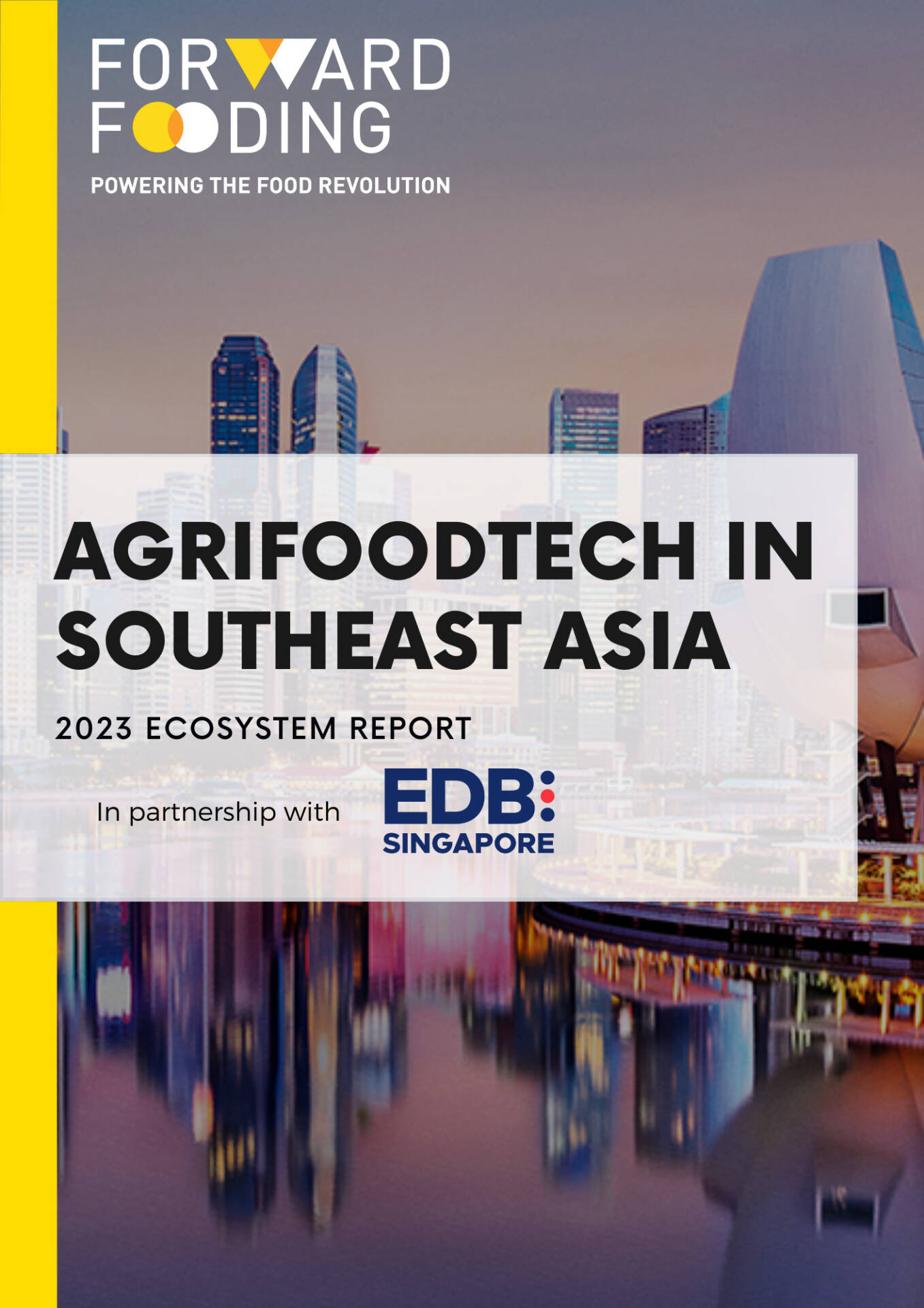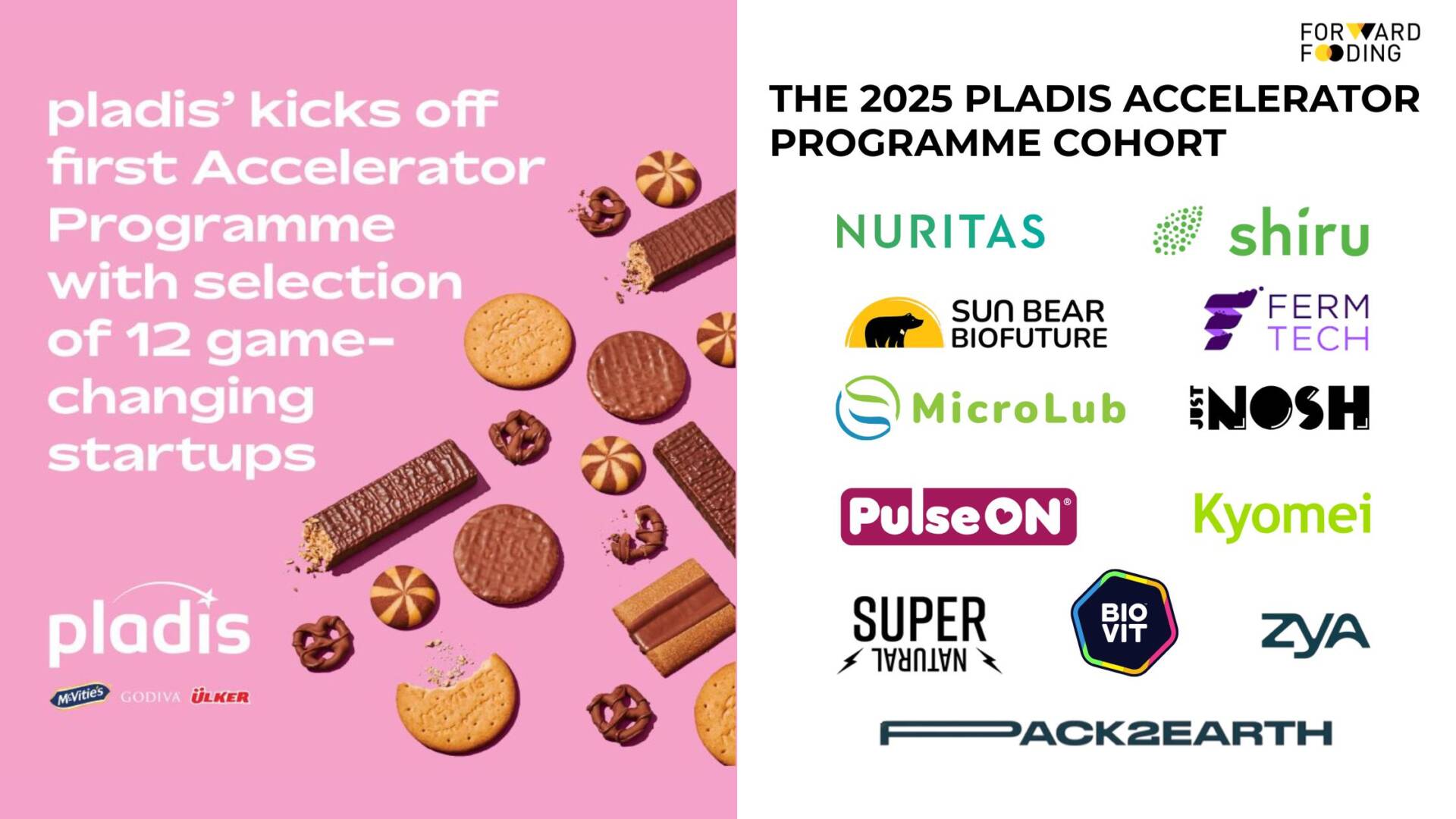FORWARD FOODING
THE BLOG
An exclusive piece from Rothamsted Enterprises: 2020 FoodTech 500 sponsor

 Making agriculture part of the solution
Making agriculture part of the solution
by Claire Flawn, Rothamsted Enterprises
Energy from manure, tools for smarter pest management, and a yield-boosting nanotech are the ideas behind three early-stage agri innovation companies recently selected for support by the unique SHAKE climate change fund. The farm of the future…
From raising livestock to intensive agricultural crop production, there’s no getting away from it: agriculture and food production are climate villains, contributing more than a quarter of global greenhouse gas emissions.
But what if, rather than be the villain, farming could become the hero? The two examples above are high profile, but with so many points along the supply chain where interventions and improvements could be made, the sector could instead make a huge contribution to global net zero.
Professor Angela Karp, Director and CEO of Rothamsted Research, the world’s oldest agricultural research institute, thought so too which is why in the wake of the climate emergency she co-developed the SHAKE programme with partners at Cranfield University, UCL (University College London), and the University of Hertfordshire.
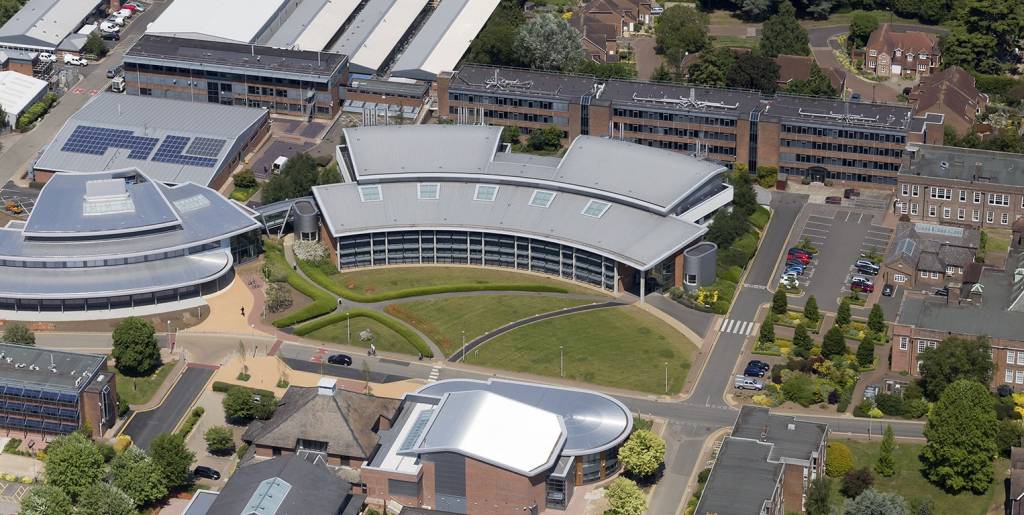
With financial backing from the UK-based charitable arm of one of Europe’s largest banks, Societe Générale, the SHAKE Climate Change programme helps entrepreneurs and start-ups who are combating climate change with science or tech-based ideas in the areas of agriculture and food production.
Over the nine-year programme, 15 successful UK-based ventures will receive up to £140,000 each – but its the two years of high-quality training and mentoring from leading experts in business and science which will help further develop their ventures, that will ultimately prove priceless.
SHAKING IT UP
There are lots of investment and accelerator programmes out there, but SHAKE isn’t your typical fund. Imagine us more like a family – nurturing collective potential to create something truly amazing by leveraging our world class expertise in science, tech and business.
The SHAKE Climate Change programme is specifically designed to attract entrepreneurs or start-ups who have developed early stage science or tech-based ideas that can have a significant impact on climate change, as well as form the basis of a sustainable and socially responsible business within the sector.
SHAKE supports start-ups who have really bright ideas, providing them with care, mentorship, and advice well beyond the initial funding to turn their ventures into a reality. We do this with our shared passion and a collective ambition to tackle climate change, and the determination to push the boundaries of the food and farming industry.
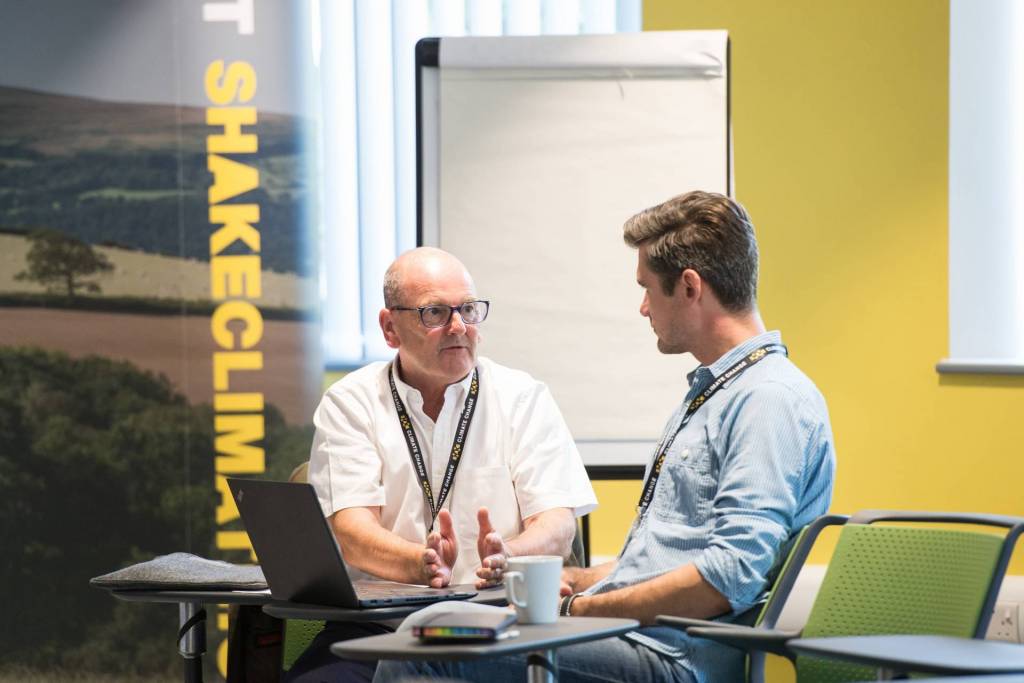
SHAKE Climate Change uses a return on investment venture funding scheme. Start-up funding is provided in the form of a convertible, interest-free loan. The financial support provided by the programme is to cover start-up operating cost such as the cost of building a prototype demonstrators, outsourcing software, hardware or other development; conducting customer trials and interviews; patent filing; marketing related cost; staff costs and similar.
But what is even more exciting – and what we believe makes SHAKE unique – is that we open the door to an impressive team of hugely influential scientific leaders and commercially savvy business people. Our scientists are known as important contributors to the farming community – locally nationally and internationally, whilst our skilful business experts and fellow entrepreneurs bring informed support along with broad and deep experience to the table.
Apart from being able to call upon the vast scientific expertise available from Rothamsted Research, Cranfield, UCL and the University of Hertfordshire, the SHAKE Investment Panel boasts the likes of Prof Jackie Hunter CBE, former CEO of the Biotechnology and Biological Sciences Research Council, the major funder of biotechnology and agricultural research in the UK, and Tom Ritchie, Investment Manager at the Rabo Food and Agri Innovation Fund, the venture capital division of Rabobank.
Our mentors include Dr Claudio Marinelli, who has 20 years of experience in founding, managing and investing in technology start-up companies; Paul Rous, who founded Fuel Ventures and Black Finch Ventures seed capital funds. Yuri Andersson who co-founded several start-ups and held senior technology positions at multi-nationals: and Rob Hill, a business and social enterprise investor and mentor, with 20 years of investment experience across a broad range of businesses.
Add together the collective address books of all these individuals and when it comes to networking and introductions, the sky is the limit. We truly believe that the mentor after care we provide not only makes us unique, but will prove a key part of the success of the ventures we fund – offering unrivalled peer to peer learning, referral to other opportunities, and access to an extensive alumni network now available elsewhere.
FIRST INVESTMENTS
Last summer, approximately 17 entrepreneurs and teams were selected to participate in an intensive residential workshop culminating in them pitching their ideas to a panel of experts. Of this initial cohort, ten were chosen for a further three-months of intense training to build their ventures.
Three successful ventures were then recommended to receive £140,000 funding to develop their businesses under continual mentorship for a further 8-12 months, followed by aftercare support. They were up against tough competition, but all three of them have displayed great ingenuity in their initial ideas to help reduce the climate impact of food and farming, and they have taken really well to the training and mentorship we have provided so far.
EcoNomad
The first of these is EcoNomad Solutions from London, who help small farms to improve resource management sustainability and agricultural waste recycling. Their proprietary technology includes biogas and nutrient recovery systems suitable for even the smallest of smallholders.
As the old adage goes: ‘where there’s muck, there’s brass’. But in reality, the economy of scale has always limited the financial opportunities to be had from farm waste to just the big players. Which is a shame, because apart from the much-needed savings it brings, tonnes and tonnes of slurry, uneaten food, and crop residues that could be turned into climate-friendly renewable energy and liquid fertilisers, currently aren’t.
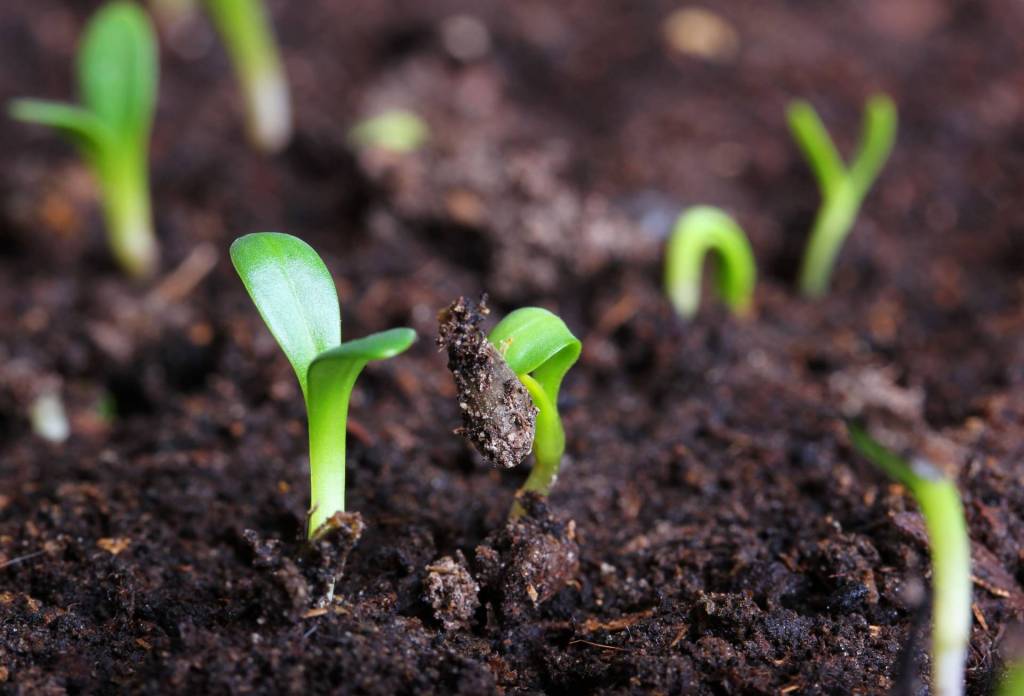
In the EU alone, 1.4 billion tonnes of farmyard manure are produced each year and only 8% of that amount is being processed – which by anyone’s standards, is a lot of potential. And whilst bio-digestion is nothing new, the reason Shake has funded EcoNomad is because their proprietary technology has cracked the scale issue – offering a viable option for smaller businesses looking to cut both their carbon footprint, and their running costs.
Their biogas and nutrient recovery systems are especially designed for small farms to turn their agricultural waste into biofuels for heating, and an enriched liquid fertiliser. By EcoNomad’s own estimates, a farmer with 50 cows – or equivalent – could save around £4-5k per annum by using the solution.
The technology was successfully tested and demonstrated over four years on an urban farm in the heart of London’s Docklands and with two patents under their belt and a larger demonstration underway at Rothamsted Research, the company plans their first sales this autumn.
Glaia
Bristol’s Glaia Ltd develop nanotechnology-based solutions for sustainable agriculture. Their first family of products, the sugar-dots, increase crop yields, reducing carbon inputs, and allowing crops to be farmed outside their traditional growing regions. Whilst many climate friendly technologies tackle the issue of emissions directly –Glaia decided to approach the problem from the other direction, by improving current productivity without increasing the carbon footprint.
By increasing a crop’s potential, it will produce the same yield with less inputs, which also means less emissions – in their case, a whopping 20% less. Glaia’s clever carbon-based nanotech improves the efficiency of photosynthesis – the energy producing process by which plants use carbon dioxide, water, and energy from the sun to fuel their growth.
You might think billions of years of evolution had fine-tuned this to the max – but in fact, usually less than 1% of the sun’s rays absorbed by plants are turned into biomass. Adding Glaia’s water soluble ‘sugar dots’ to the roots or leaves gives photosynthesis a much-needed boost.
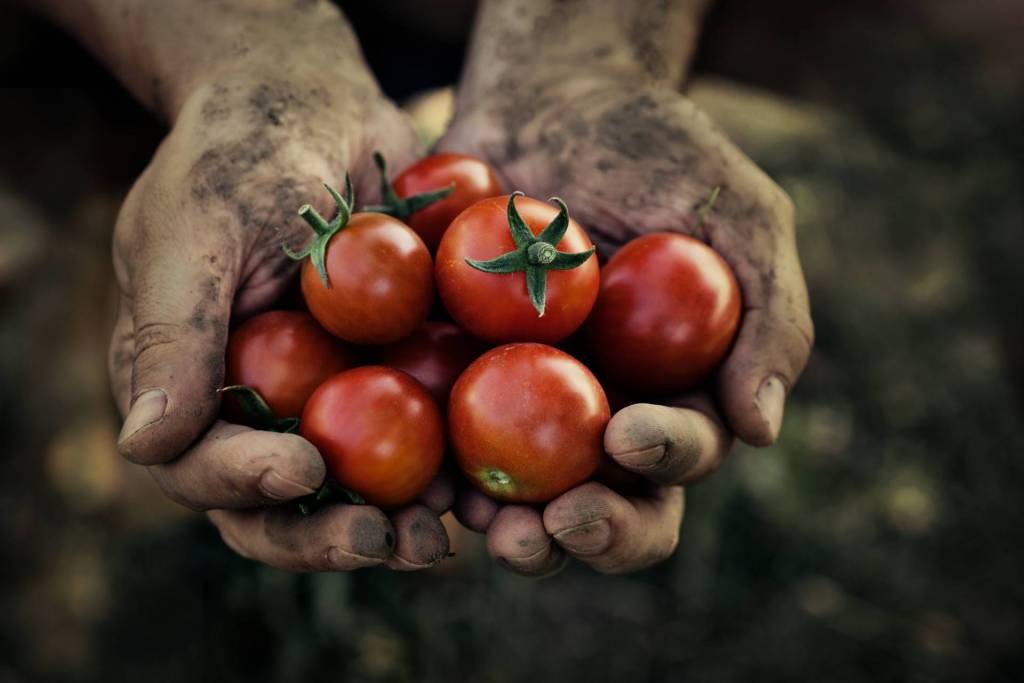
The technology could revolutionise the production of staple and horticultural crops, but for now the team is focusing on hydroponic tomatoes and strawberries, where they estimate the added value could initially result in a fivefold return on investment.
The hope is to expand into the EU within four years, and North America within six. Globally, the market value of their product could be worth in excess of $1.5 billion for their first targeted crops.
Pherosyn
Of the often-cited concerns over pesticide use, climate change isn’t usually high on the list. However, when you factor in fossil fuel consumption during its manufacture and its application on farms, its considerable. For instance, the fuel used by UK wheat farms when spraying pesticides results in the equivalent of 385,000 tons of carbon dioxide emitted every year – the same as about 80,000 cars.
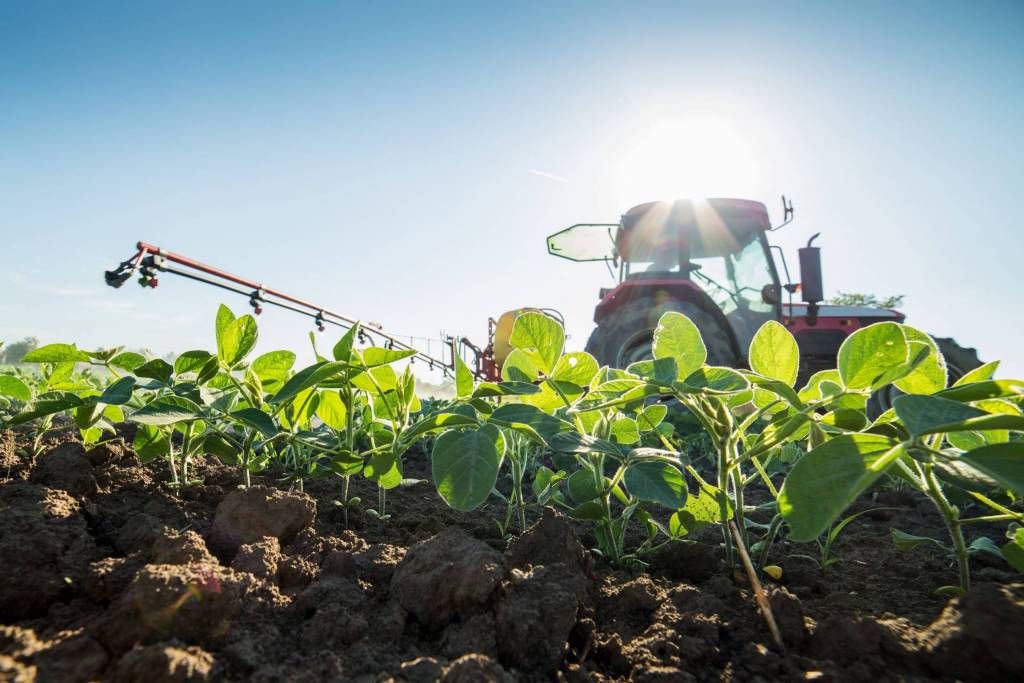
Scale that up globally, and less pesticide use is clearly a desirable outcome – but with an estimated 40% of the world’s food supply at risk without protection from insects, we need alternatives. Insect pheromones – the information-rich, chemical scents that warn, inform, or attract other members of the same species – have been targeted as crucial tools for use in the next generation of pest management strategies to minimise pesticide use.
If the new strategies can hijack these pheromone communication channels, they can either attract insect pests somewhere else with the promise of sex, or can literally scare the pests out of a field. What in fact they are doing is luring them to their deaths – resulting in a sticky end in a pheromone scented trap.
PheroSyn Ltd, a spin-out from Rothamsted Research, comprises a world-leading team of scientists with over 40 years’ collective experience of researching and developing insect pheromone baits. The team plan to tap into the lucrative pheromone business – globally estimated to be worth $400 million a year and growing rapidly at a 15% annual growth rate.
By focusing initially on destructive midge pests that are not currently catered for by the other market players, the spin-out hopes to have sales of their market ready pheromones at the £10 million mark within five years.
Interested applicants should visit the www.shakeclimate.org website or you can email Tinne Midtgaard, SHAKE programme manager, at info@shakeclimate.org
Joining our tenant community
In addition to the SHAKE Climate Change programme, Rothamsted Enterprises continues the support available to growing agri-tech, innovation and food businesses. We offer a range of office space, lab space, hot-desking, events and meeting room spaces, access to scientific services and expertise from Rothamsted Research, as well as business support services such as exclusive tenant events and discounts on campus facilities.

If you are interested in joining a vibrant tenant community, visit https://www.rothamstedenterprises.com/rothamsted-agritech-business-centre/ or you can email Claire Wolstencroft, Agritech Business Development Manager, at info@rothamstedenterprises.com or call 01582 938500.
Follow us
Sponsored Articles
9 July 2025
Forward Fooding celebrates the selection of 12 pioneering startups for the inaugural pladis Accelerator Programme. From water lily popcorn to sugar-converting enzymes, these innovations represent the future of snacking, addressing obesity, sustainability, and personalized nutrition through cutting-edge food technology.
21 March 2025
Tim Ingmire, VP of Global Innovation & Technology at pladis, discusses how the snacking giant is supporting early-stage startups in foodtech, health, and sustainability through their accelerator program. Learn about their focus on personalized nutrition, functional foods, and future ingredients to bring innovative, delicious products to consumers worldwide.
8 February 2024
Future Food-Tech returns to San Francisco on March 21-22 Over 1,700 food-tech leaders, from CPG brands, retailers, ingredient providers, [...]
1 February 2023
The 4th edition of FoodTech 500 is taking off and we are excited to partner with NEOM for the third consecutive year to support the best international AgriFoodTech entrepreneurs.
10 February 2022
One of the elements we enjoy the most here at Forward Fooding about working with AgriFoodTech startups is being [...]
